Think back about the biggest lessons you’ve learned in your life. Aren’t they a result of a mistake? Before you can learn the lesson, you have to admit you made the mistake. This takes courage and integrity. It’s all too easy to blame others, hope no one notices, or to deny knowing about it only compounds the issue.In working with potential employees preparing for job interviews, the questions that scare them the most are the ones that require them to admit mistakes. They look at mistakes as being a personal flaw, a weakness – something to hide or pretend never happens. But mistakes are a natural part of life. The key is to learn from the mistake so not to repeat them.
Let’s take the example of an employee who works on an assembly line. They make a mistake early in the process but do not want to say anything for fear of reprisal. The product continues down the line until eventually discovered in the final stages when it will not fit together or worse yet, the customer calls after delivery to complain. This costs the company (who pays their paycheck) in rework time, materials costs, possible equipment repairs or ‘down time’ and a damaged relationship with a customer. So the sooner you admit your mistake, the less it will cost the company and the less likely emotions will get out of control. The same is true in your personal life; the sooner you admit it, the less overall damage is done to your relationships.
As supervisors or parents, we get so caught up in searching for blame that we scare people to the point where they will not admit a mistake – the exact opposite of what we want to have happen. So our response to their confession is critical. First, spend less time on ‘blaming’ and more time on finding a solution. Then make sure the person/child knows the correct way to do the task. Use it as a learning opportunity, keep your emotions in check and they will be more likely to tell you about their mistakes when they happen. Let them know we all make mistakes and the key is to learn from them so they can be avoided in the future.
Sometimes consequences are necessary depending on the situation. When consequences are given, explain why they are receiving the consequence and what they need to do to regain your trust. Then give them a chance to do just that – regain your trust. This will strengthen the relationship and make it easier to work through similar situations should they occur – always with an emphasis on what it is to be learned.
Remember what you learned when you made a mistake and share it with them. You are now uniquely qualified to help others in that same situation by emphasizing the solution rather than the person who made the mistake. Be the example, the leader or parent they can trust. You will leave a lasting impression, strengthening your relationships while achieving the desired end results.
